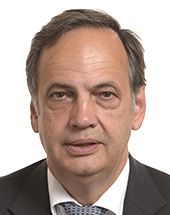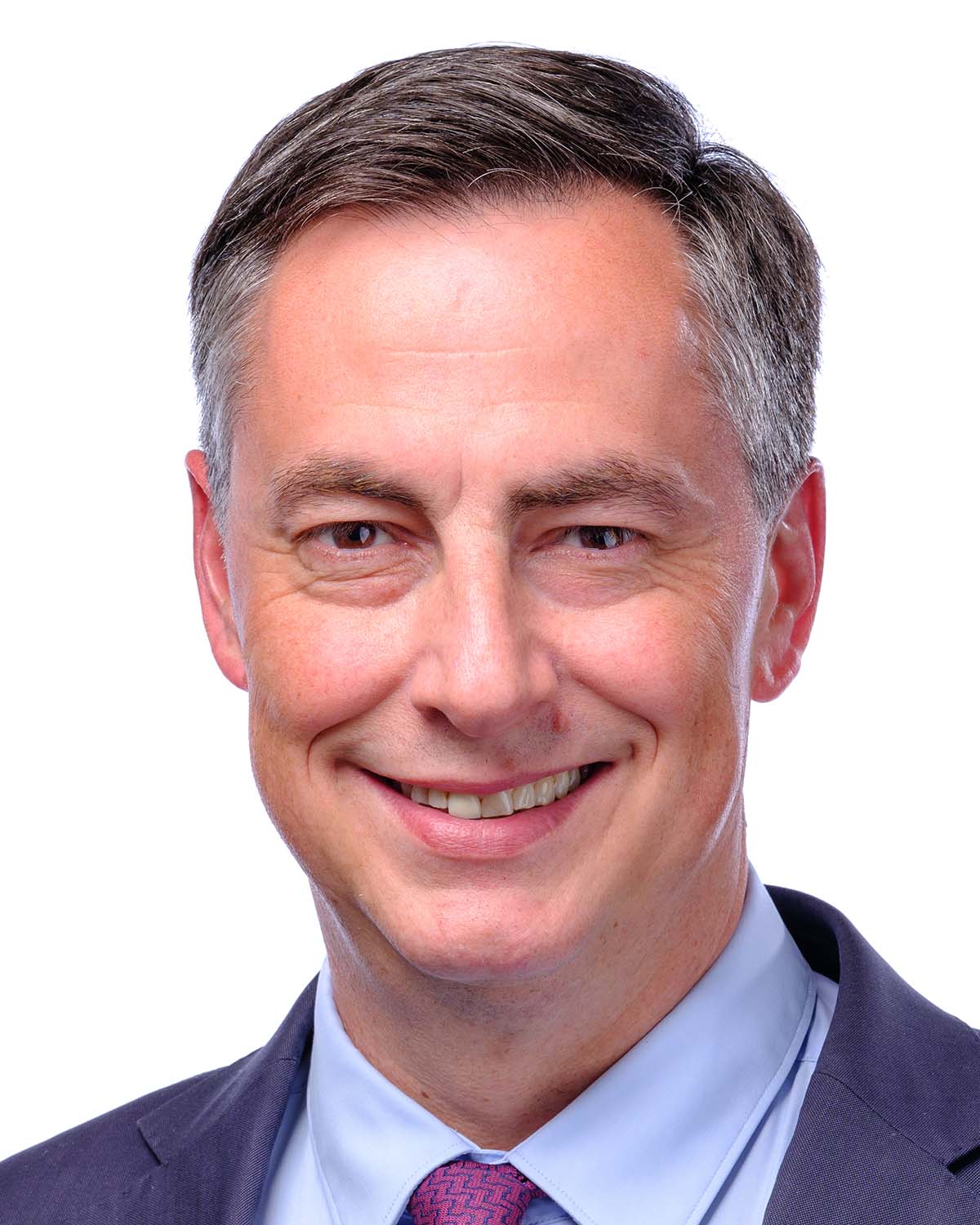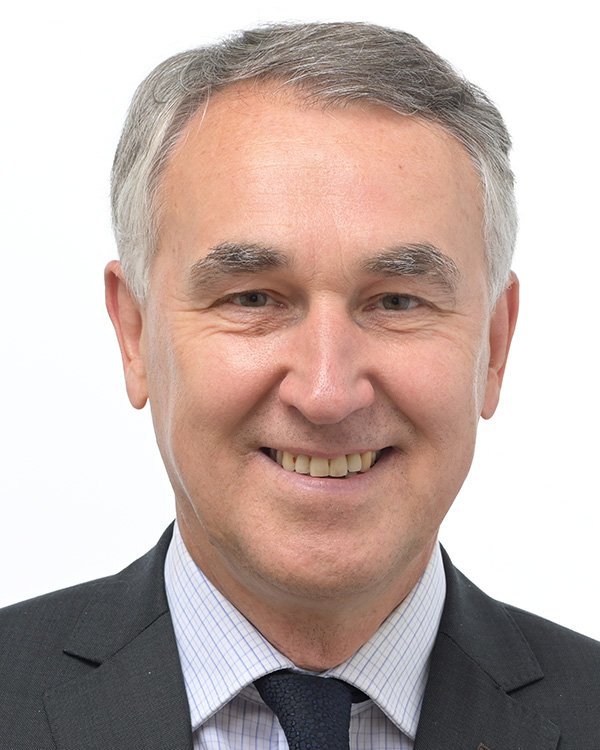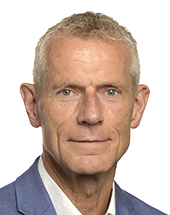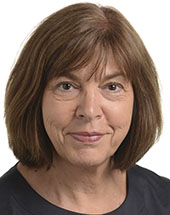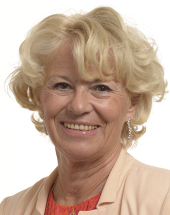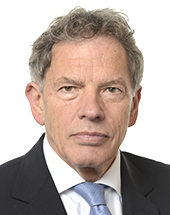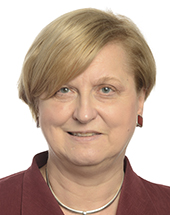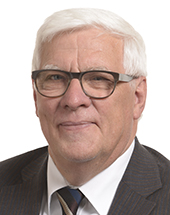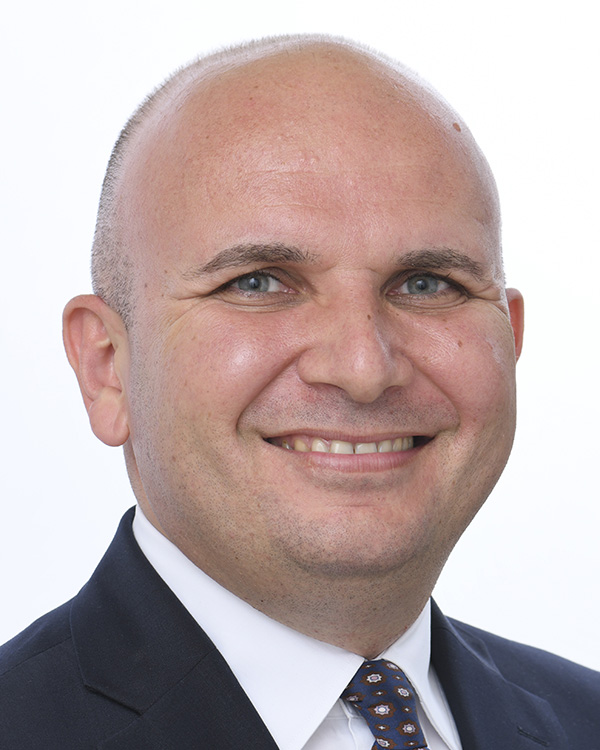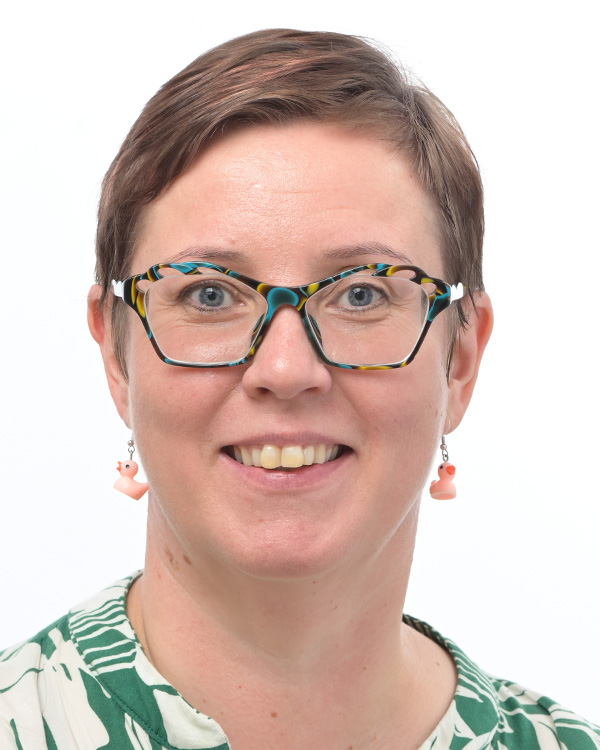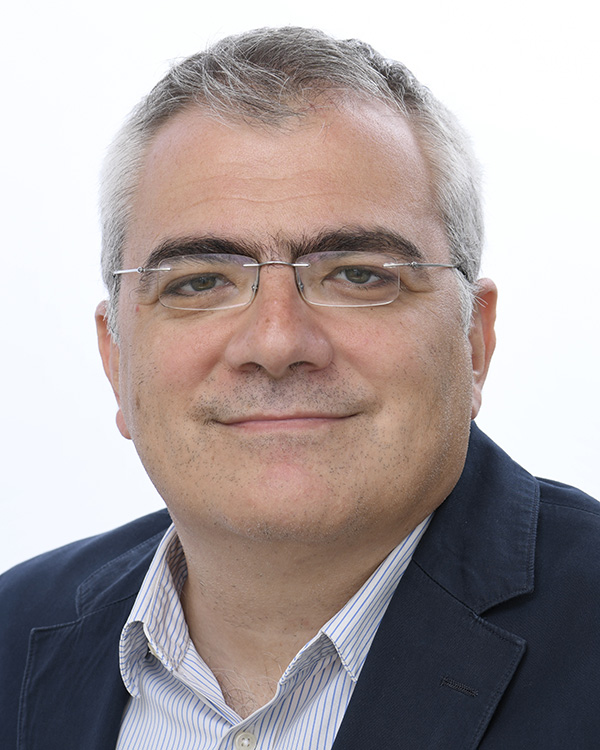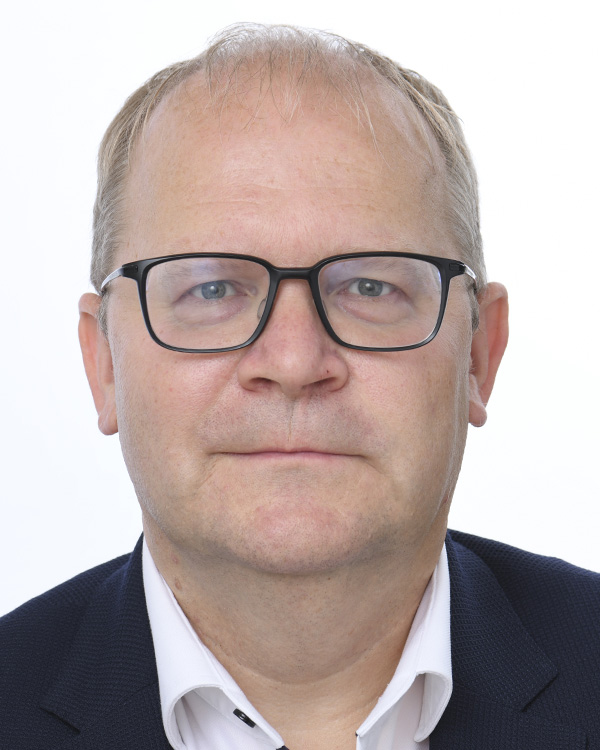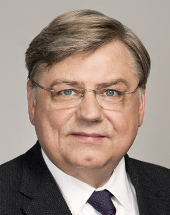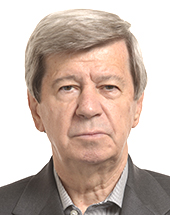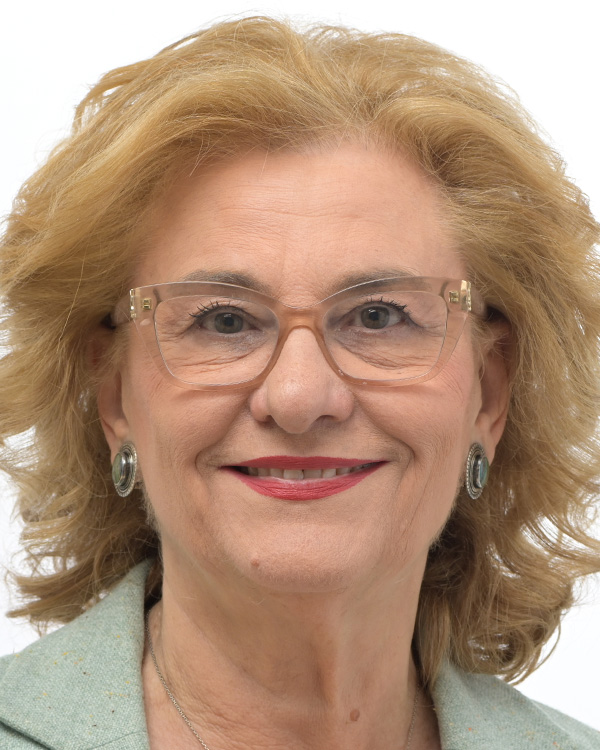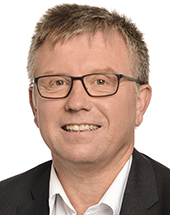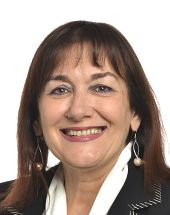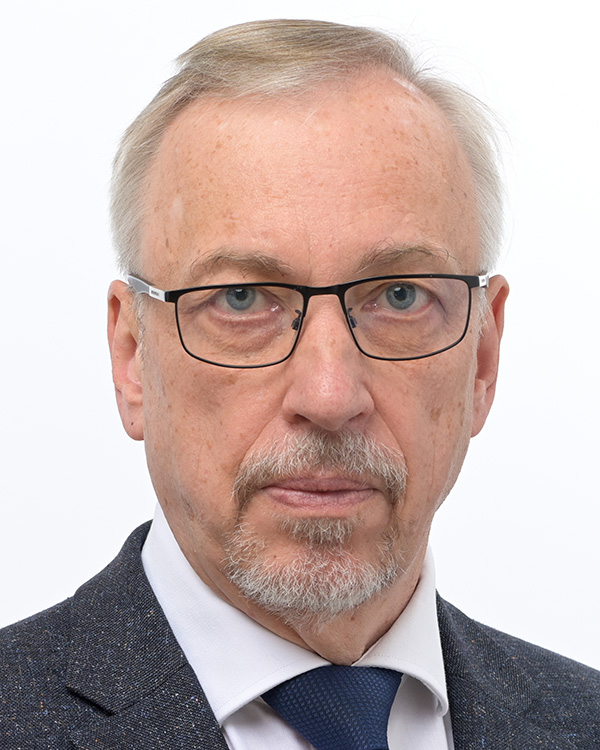
Choisissez la langue de votre document :
- bg - български
- es - español
- cs - čeština
- da - dansk
- de - Deutsch
- et - eesti keel
- el - ελληνικά
- en - English
- fr - français
- ga - Gaeilge
- hr - hrvatski
- it - italiano
- lv - latviešu valoda
- lt - lietuvių kalba
- hu - magyar
- mt - Malti
- nl - Nederlands
- pl - polski
- pt - português
- ro - română
- sk - slovenčina
- sl - slovenščina
- fi - suomi
- sv - svenska
|
| Menettely : 2017/2130(INI) |
| Asiakirjan elinkaari : A8-0308/2017 | ||||||
Käsiteltäväksi jätetyt tekstit : A8-0308/2017 | Keskustelut : PV 14/11/2017 - 14CRE 14/11/2017 - 14 | Äänestykset : PV 15/11/2017 - 13.14Äänestysselitykset | Hyväksytyt tekstit : P8_TA(2017)0440 | |||
| Sanatarkat istuntoselostukset | |
| Tiistai 14. marraskuuta 2017 - Strasbourg |
|
| Oikeudellinen huomautus - Tietosuojakäytäntö |



